- 184 Posts
- 35 Comments

 8·3 hours ago
8·3 hours agoThe original title is “Russian University Launches ‘Social Rating’ Platform”, which could be misleading. Readers in a community called ‘Europe’ may understand this rating is for students of this university, but the university developed this for the Russian citizens. I edited the title for clarity, which is sometimes necessary.
This was Francis Galton, a British polymath of the 19th and early 20th century, who observed that certain characteristics of parents -such as height- are not passed on completely to their children. If parents’ heights lie at the tails of the distribution in both directions, the heights of their children tend to lie closer to the mean of the distribution. Simply speaking, tall parents have kids shorter then they are, and short parents have kids taller than they are.
Galton invented what we today now as linear regression.
The article says that the Dutch children are now shorter than their parents. I was wondering whether this is simply a manifestation of the regression toward the mean, first discovered by Galton (and published in 1886)?
Good charm offensive, it’s good when countries collaborate in mutual respect and mutual benefit (from that points of view it’s also good that Italy left China’s Belt and Road Initiative). The label ‘Made in Italy’ is unfortunately often misleading, though. Two actual examples:
Italy: lawyers file complaints of Uighur forced labour over tomato paste
Containers of tomato paste exported from Xinjiang to Italy are the subject of domestic criminal and international complaints filed by rights lawyers on behalf of Uyghur advocacy groups who allege that the goods were produced using Uyghur forced labor.
The shipment was among 82 containers of agricultural products from China’s state-owned Xinjiang Agriculture and Animal Husbandry Investment (Group) Co., Ltd. shipped by rail and sea from Urumqi, capital of the Xinjiang Uyghur Autonomous Region, to southern Italy in late April, according to the plaintiffs. The shipment also sparked outrage among Italian farmers who protested against the arrival of the cheaper processed tomato products from China in what they said were unfair imports.
Dior, Armani Under Investigation For “Made In Italy” Handbags Produced By Migrants — (Archived link)
[Italian] prosecutors allege that some of the luxury handbags made by the fashion houses’ suppliers with the “Made in Italy” stamp are actually made in sweatshops within the European country, employing low-cost Chinese labor. They say many of the sweatshops fall extremely short of legal workshop codes.
As a result of the Italian investigation, judges in June placed Manufactures Dior SRL—a unit of Dior—under so-called court administration after ruling that its supply chain included Chinese-owned firms in Italy that mistreated migrant workers. The same measure was taken against Armani in April and Alviero Martini, known for its map-print bags and other items, in January.
[Edit typo.]

 151·2 days ago
151·2 days agoAs tempting and reasonable as it may seem to counter disinformation with disinformation, it is the wrong path imo. It would play directly into the hands of authoritarian regimes and further undermine democracy in the long run. What we need is an educated, well-informed population and transparent political and economic processes so that leaders at all levels can be held accountable for what they do.

 2·4 days ago
2·4 days agoChina does not play by the same rules and includes research into a wider range of industries, beyond traditional ones such as steel, including semiconductors, telecom equipment and renewable energy.
Yeah, the petrochemicals industry is set to be among the next issues.
Europe (and other regions in the Amercas, Africa, and Asia) can’t address this by tariffs alone imho. There is more to do. Not sure whether all political decision makers have understood that, but at least some appear to be heading into the right direction.

 10·4 days ago
10·4 days agopauschales Verbot von Chinesischen Investionen in Europa
Ich bin kein Jurist, aber China macht umgekehrt genau das mit westlichen Firmen. Du kannst in China als westliche Firma kein Tochterunternehmen gründen oder ein chinesisches Unternehmen kaufen (man braucht immer einen chinesischen Partner für ein Joint Venture), kein Land kaufen (etwa für Fabriken), etc.
Aber ja, Europa deshalb nicht unbedingt alles pauschal blockieren, da stimme ich auch zu, obwohl Reziprozität bei internationaler Zusammenarbeit wichtig ist. Ob China am längeren Hebel sitzt, weiss ich nicht. Entscheidungen trifft man halt schneller in Autokratien als in Demokratien, auch wenn wir in Europa manchmal länger brauchen als nötig wäre.
Zu den sicherheitsrelevanten Produkten sollten aber meiner Ansicht nach jedenfalls noch weitere dazu kommen, etwa wenn es um Lieferketten-Audits geht. Solange es aufgrund mangelnder Transparenz keine unabhängigen Audit gibt in China, sollte man zumindest auch diese Produkte gegebenenfalls blocken, damit so Dinge wie Zwangsarbeit ausgeschlossen werden können.
Aber abgesehen von meinen Geschwafel stimme ich Dir auch zu ;-)
Volkswagen statement in May following accusations of forced labour in the Xinjiang plant (operated by VW’s joint venture with SAIC)
“[…] as no full supply chain transparency [in China] exists.”
Meanwhile, VW had left the joint venture over forced labour accusations.
Another report says:
Volkswagen said in December 2023 that an audit overseen by Markus Löning, Germany’s former commissioner for human rights, found “no indications” of forced labor at the Xinjiang joint venture plant, which is used to road test cars assembled elsewhere in China. Löning conceded, however, that the basis for the audit had been a review of documentation rather than interviews with workers, which he said could be “dangerous.” He also said that “even if they [workers] would be aware of something, they cannot say that in an interview.”
The same report continues:
In June 2023, ECCHR [European Center for Constitutional and Human Rights] filed a complaint with the [German] Federal Office for Economic Affairs and Export Control […], the German government authority overseeing the country’s Supply Chain Act. The complaint contends that Volkswagen, BMW, and Mercedes-Benz are violating their obligations under the law by failing to adopt appropriate measures to identify and prevent the risks of state-imposed forced labor in their supply chains. [The Federal Office] has not yet responded publicly to the complaint.
And:
“We [Volkswagen] have no transparency about the supplier relationships of the non-controlled shareholding SAIC-Volkswagen.”
“Geopolitical risks, responses to China’s economic and export strategy and maintaining free trade must be weighed up against each other.”
The EU should not only focus on tariffs as the sole aspect of trade imo, but also raise the issue of state-imposed forced labor in China’s EV industry, which significantly contributes to cheap Chinese EVs, as well as other violations of human rights abuses there. Among others, this requires unhindered access to Chinese plants across the supply chain for independent audits. Volkswagen itself admitted a few weeks ago that “no full supply chain transparency exists”.

 15·5 days ago
15·5 days agoWell, China legislated the death penalty for “separatists”, a Chinese official said in June that Taiwan separatists will be “crushed to pieces”, and the Chinese ambassador to Japan said Japanese people would be dragged into the fire if they took part in forces plotting to support Taiwan’s independence and “split China”. Similar remarks came from Chinese ambassadors to other countries and other Chinese officials. You’ll find more examples on the web.

 3·5 days ago
3·5 days agoYes, that’s a very illuminating documentary. DW shows just half of it, the entire film has around 90 minutes and was available at www.arte.tv until three or so weeks ago. Maybe Arte TV puts it online again at a later time.

 8·5 days ago
8·5 days ago@trevron, what is a good source of information regarding China?

 1·5 days ago
1·5 days agoMaybe the author wanted to show that Betteridge’s law of headlines is right? :-)
I have been thinking the same. Maybe ghost.org’s federation over ActivityPub can solve the problem?

 6·6 days ago
6·6 days agoIch hätte das so erwartet, aber nicht aus eigener Intuition, sondern weil es viele Studien gibt, die das praktisch alle bestätigen. Es gibt sogar zufällig eine aktuelle Meta-Studie dazu:
Drawing on both academic and industry sources, our research team combined the results from more than four decades of prior research on spending behaviour and payment methods into a large dataset.
This data spanned 71 research papers, 17 countries, and more than 11,000 participants. State-of-the-art meta-analysis techniques then allowed us to collectively analyse the results from all these prior studies, and re-examine their insights.
We found that cashless payments were indeed associated with higher levels of consumer spending compared to cash transactions, something that is referred to in the literature as the “cashless effect”.
This cashless effect was consistent across all other payment methods in the data set.
Put simply, it doesn’t matter whether you use a credit card, debit card or a buy-now-pay-later service – you are likely to spend more money using cashless methods than when you pay with cash.

 8·7 days ago
8·7 days ago@BakerBagel@midwest.social The “American aligned entities” seek alliances because of China’s aggression, and they do so by collaborating not just with America but also with each other, e.g., Japan, the Philipines, Australia, and others. These countries collaborates voluntarily with each other because of China’s imperialistic behaviour in the region, not because China is “boxed in” by any Western “entity”.
Beijing has been disputing a lot of its neighbours’ sovereignty on land and at sea, including India’s and Russia’s, and neither India nor Russia are exactly what I would call “American aligned entities”. As @Buffalox already said, even the single-party communist country Vietnam with a similar authoritarian system seeks stronger ties with the USA rather China.
Taiwan is of massive strategic value because it would allow Chinese vessels to access the Pacific Ocean unimpeded.
China has been accessing the Pacific Ocean unimpeded for decades now, no one questions that. The reasons why China wants control over Taiwan are manifold, one being Taiwan’s prominent role in the global supply chain, another is that it would give China better access to the South China Sea and its estimated reserves of 190 trillion cubic feet of natural gas and 11 billion barrels of oil.

 1·7 days ago
1·7 days agoYeah, as you mention Vietnam: the interesting bit here maybe is that Vietnam -a single-party country with a similar totalitarian approach like China- appears to seek closer ties to the U.S. rather then to Beijing, at least that’s my interpretation of the country/'s political moves over the last year or so.

 7·7 days ago
7·7 days agoYeah, they work in a huge network mainly in Europe. As always, we should never trust blindly, but Epicenter appears to do a solid work. I have been disagreeing with what they said in the last years on some incidents, but all in all they do a good work. At least that’s my opinion.

 8·7 days ago
8·7 days agoEpicenter Works is a digital rights organizations based in Austria.

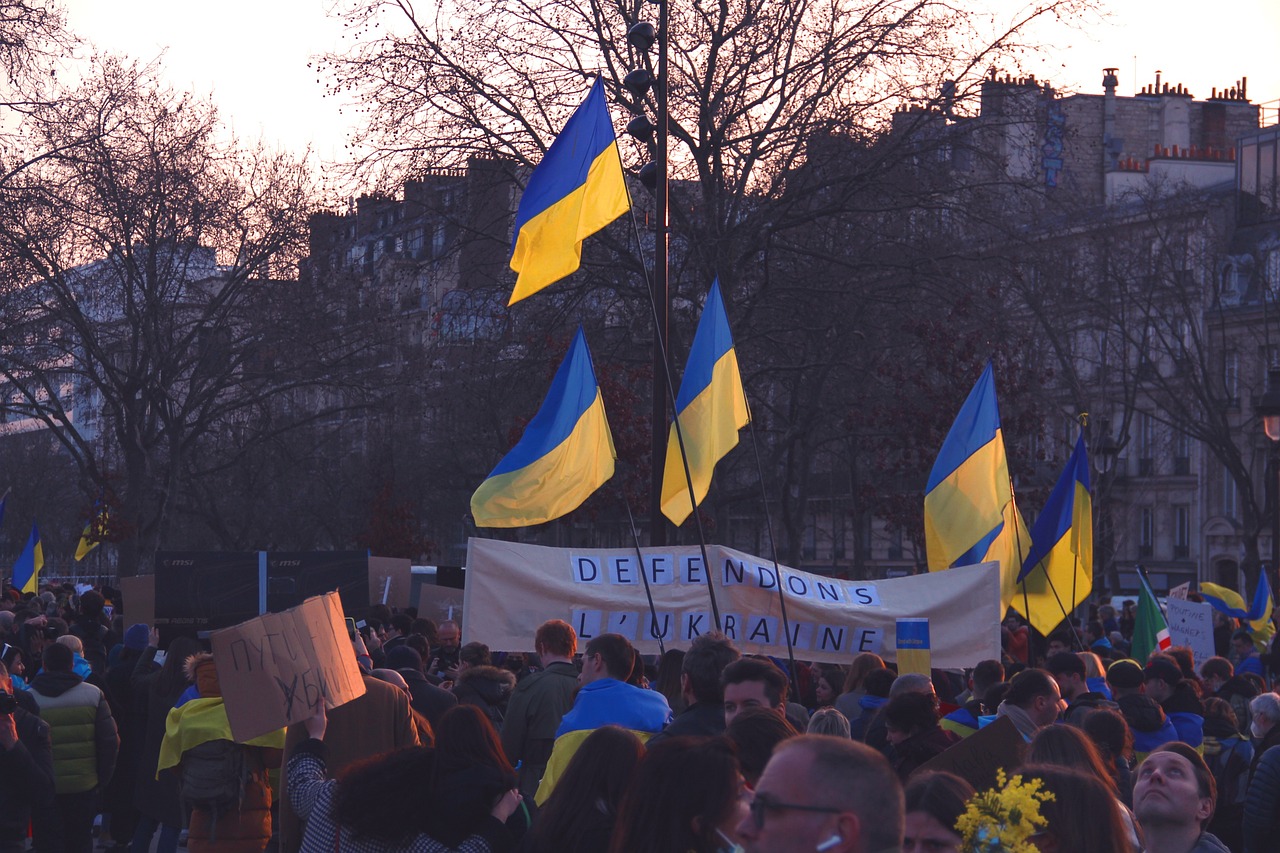


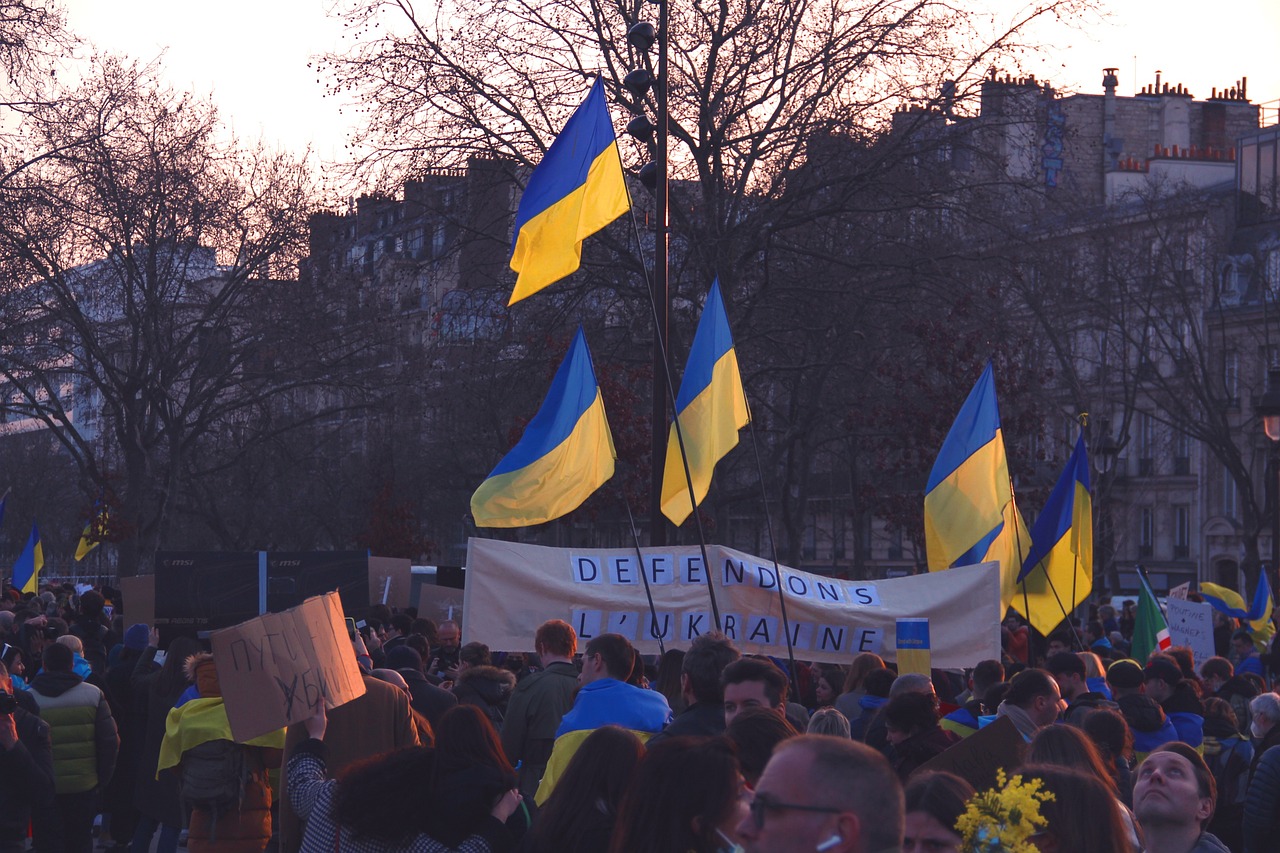
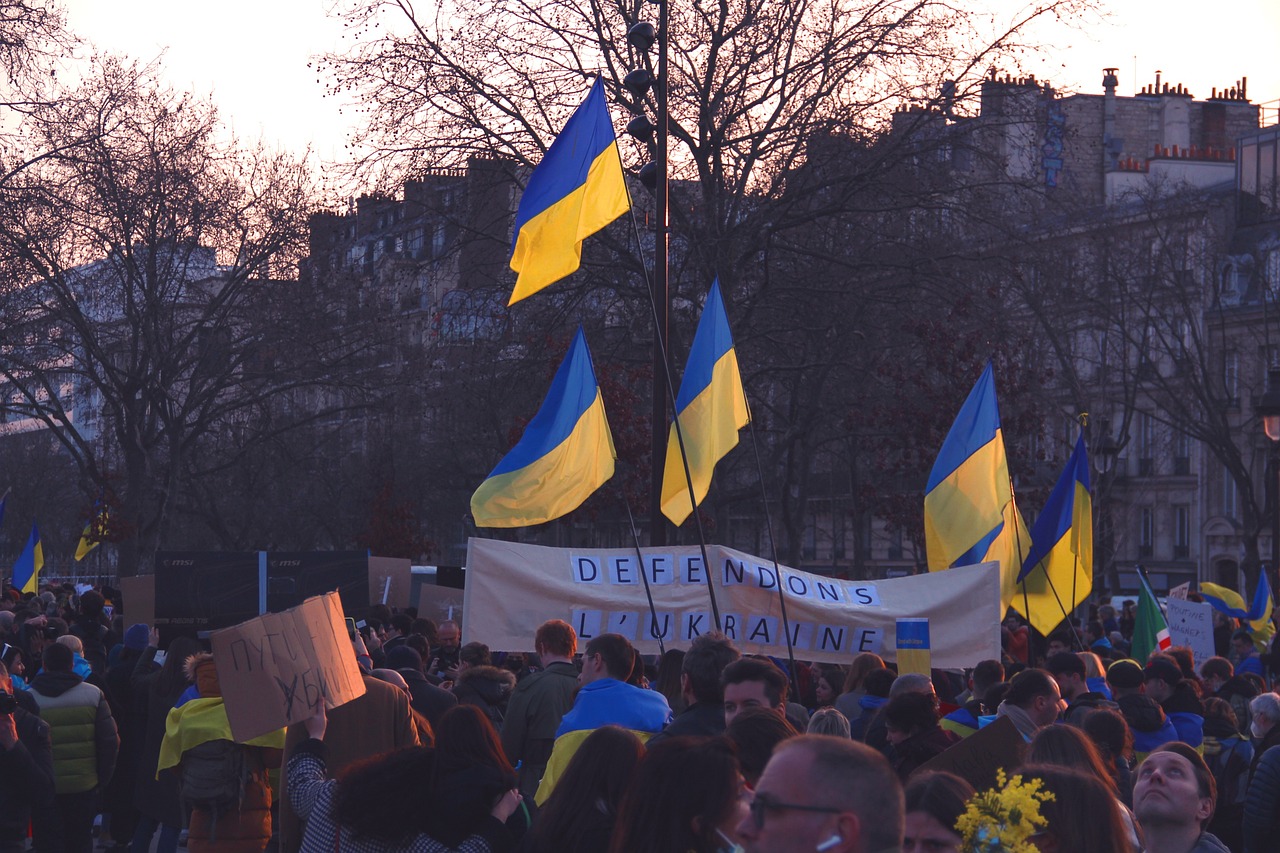
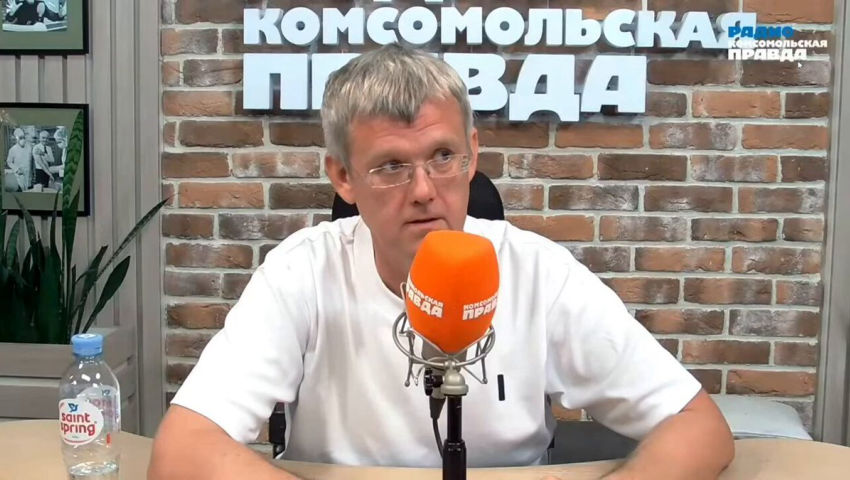


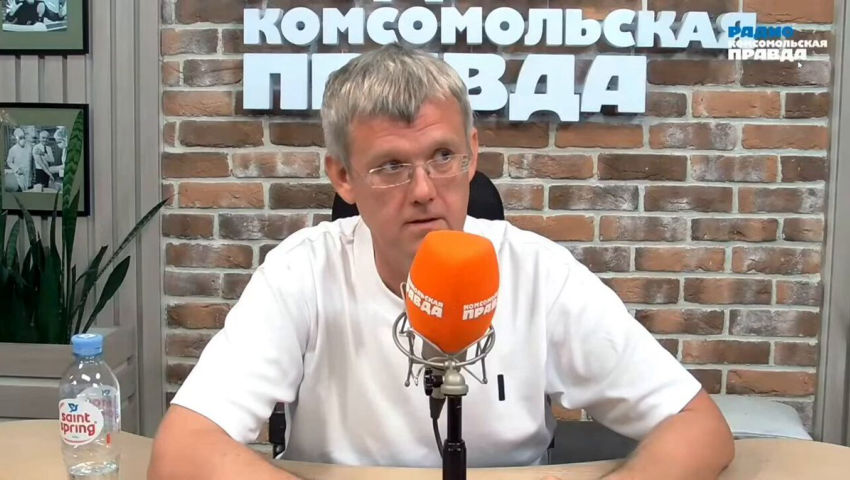
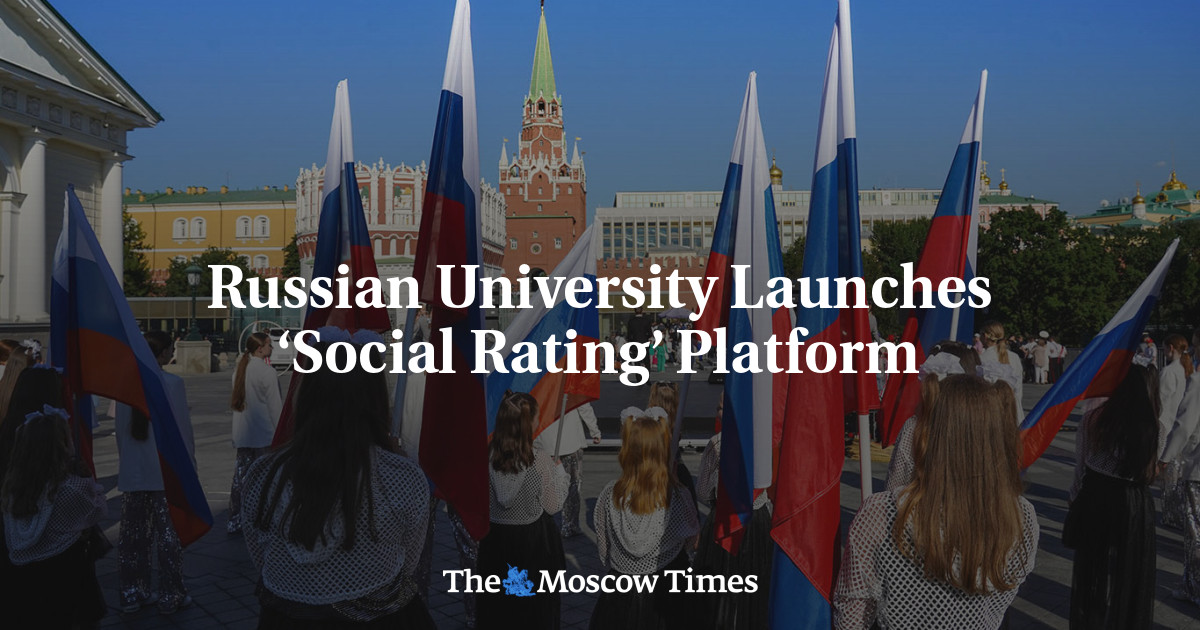

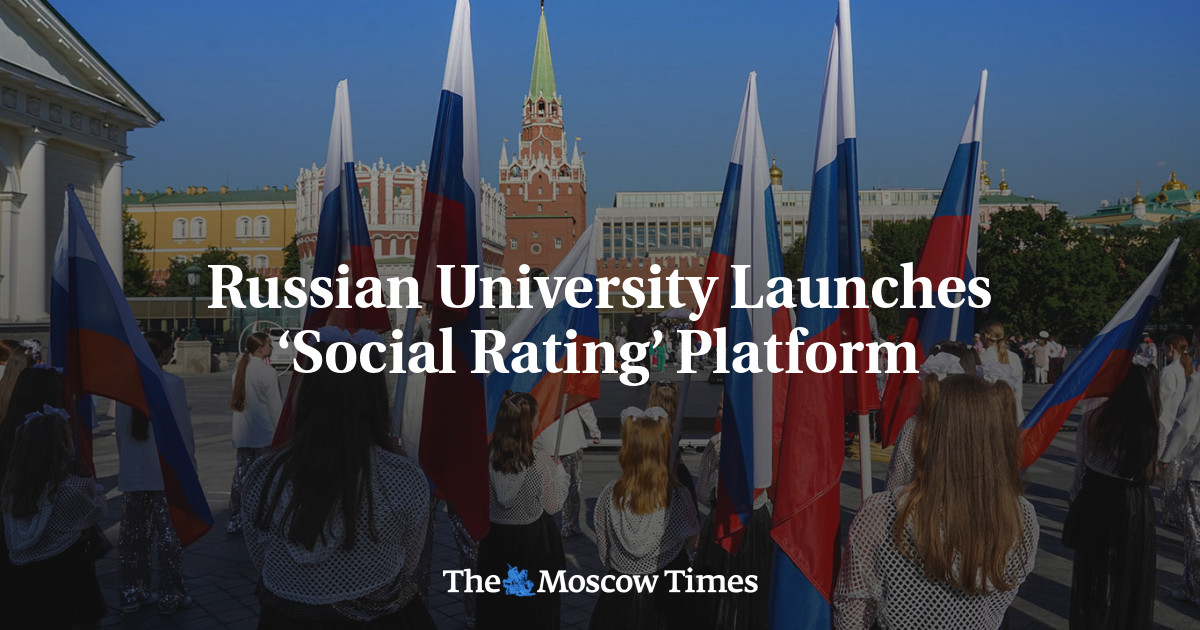
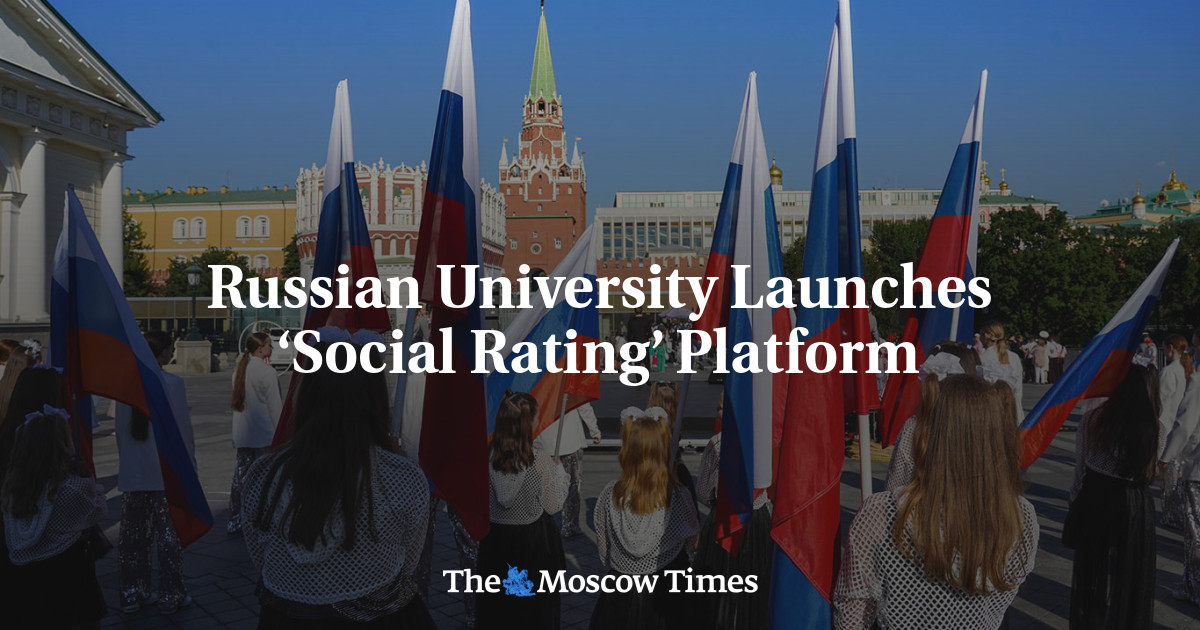
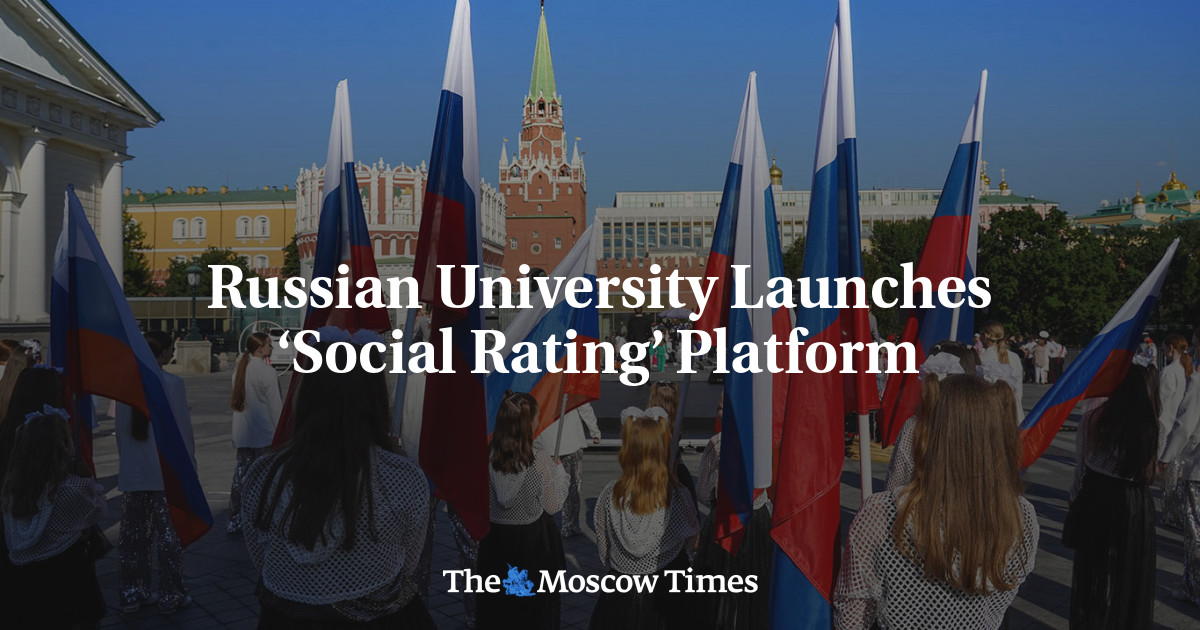
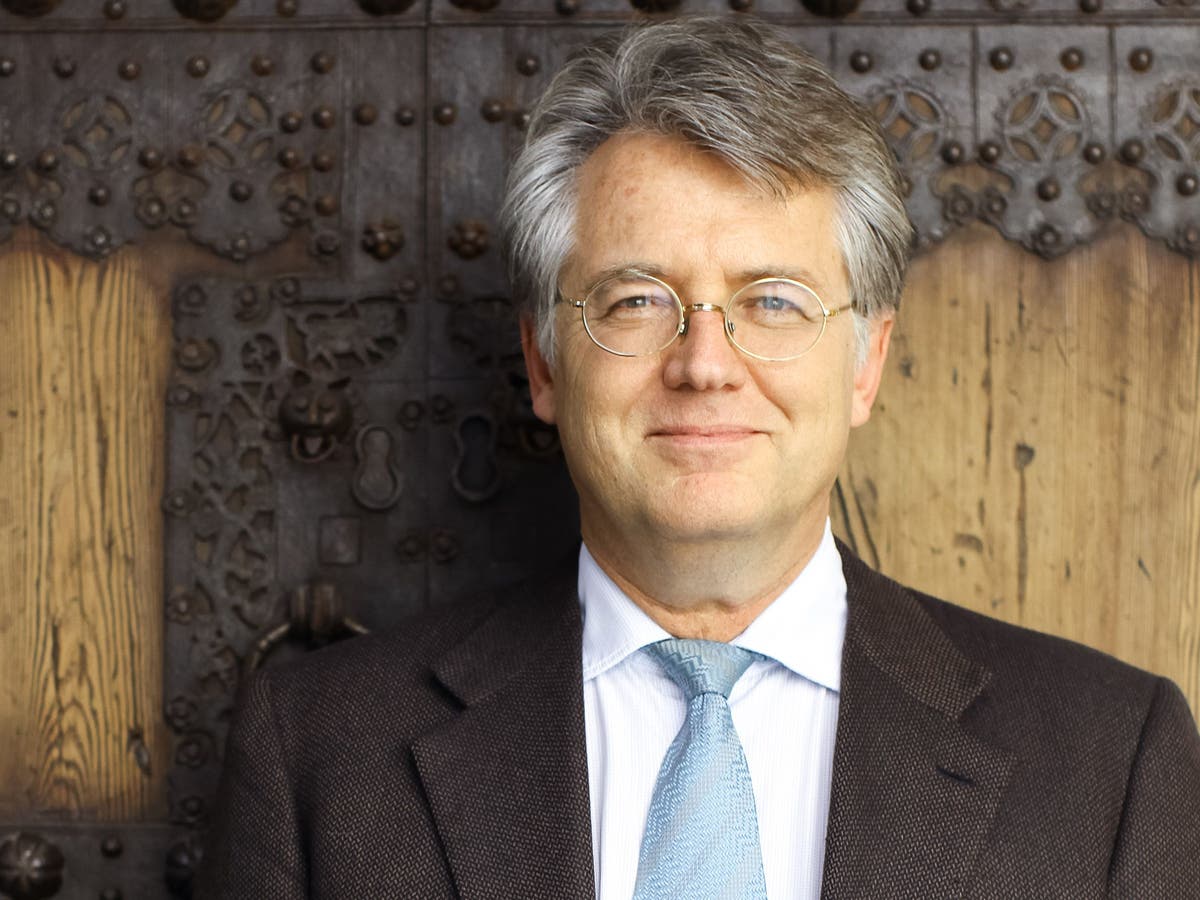
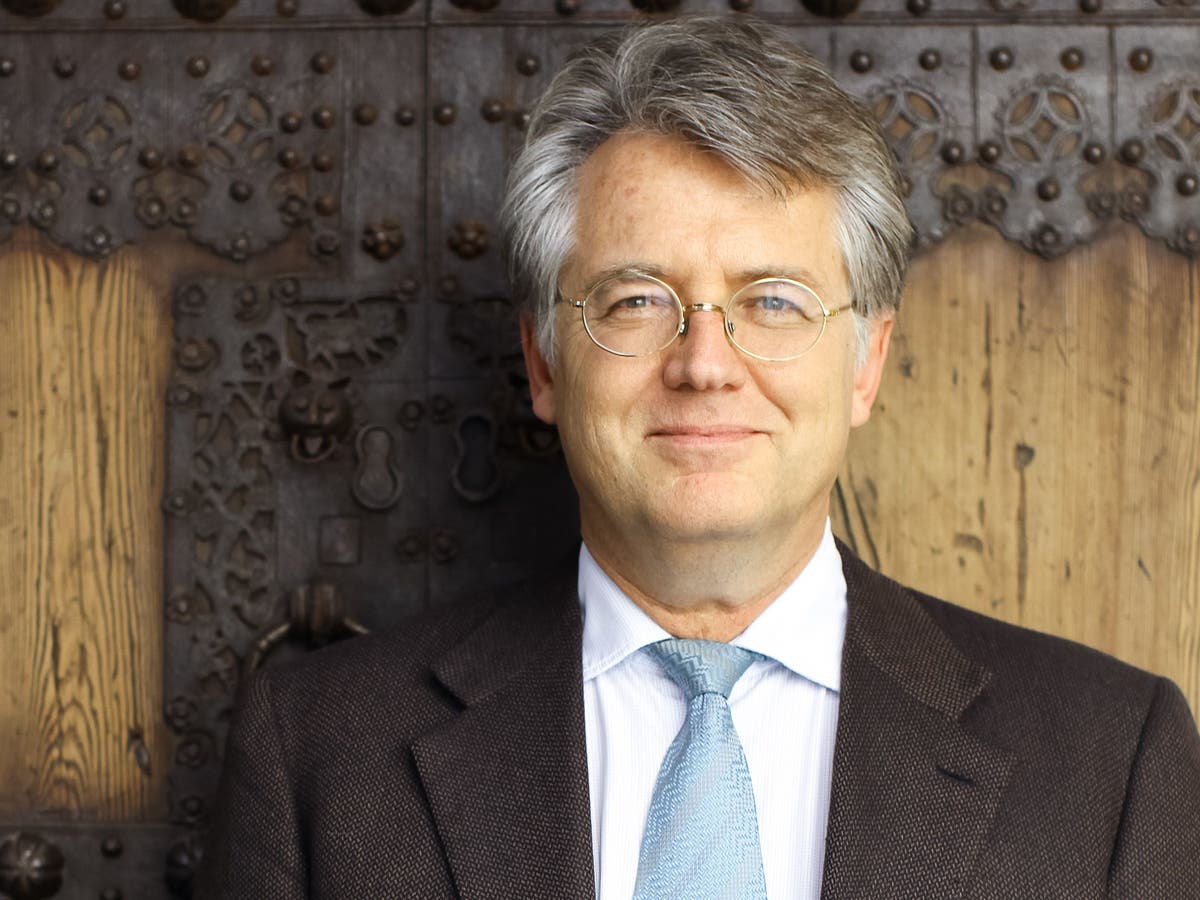

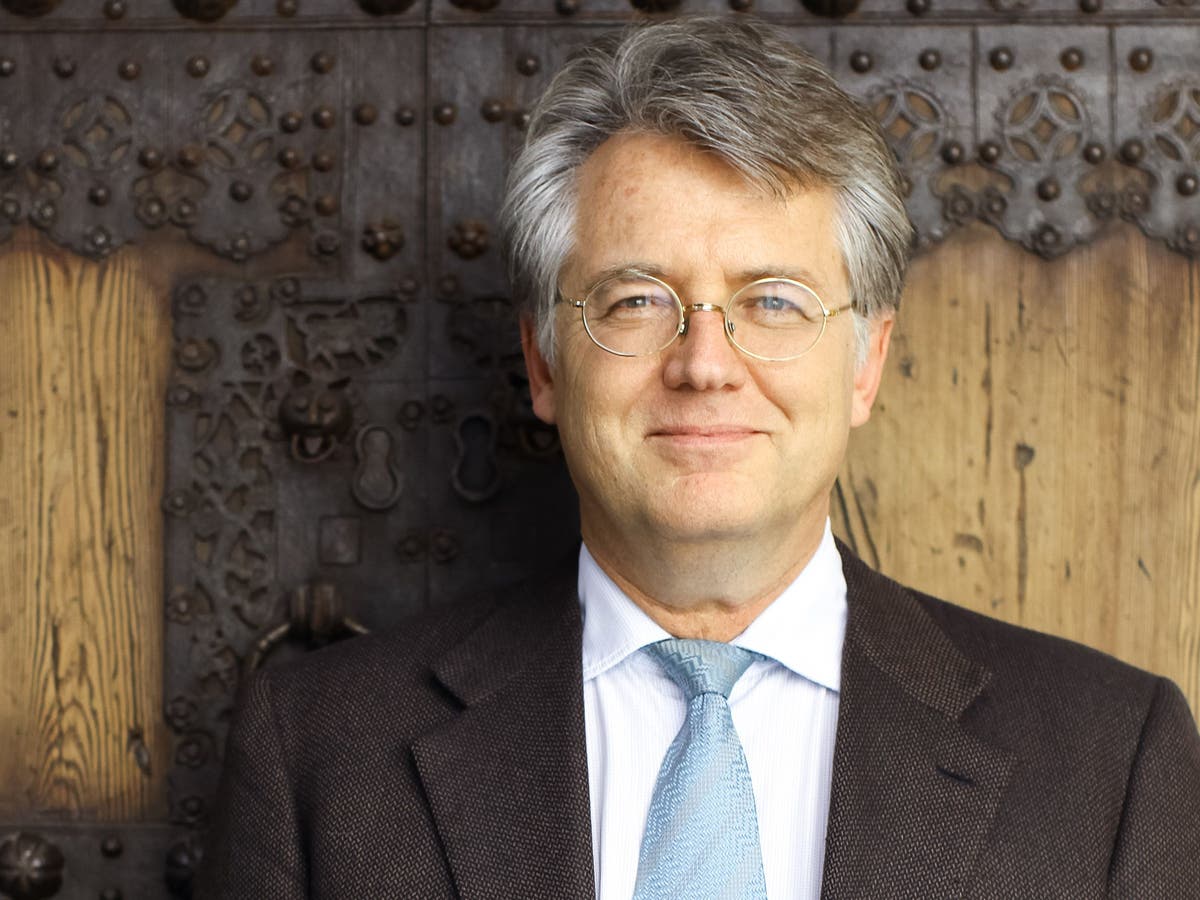
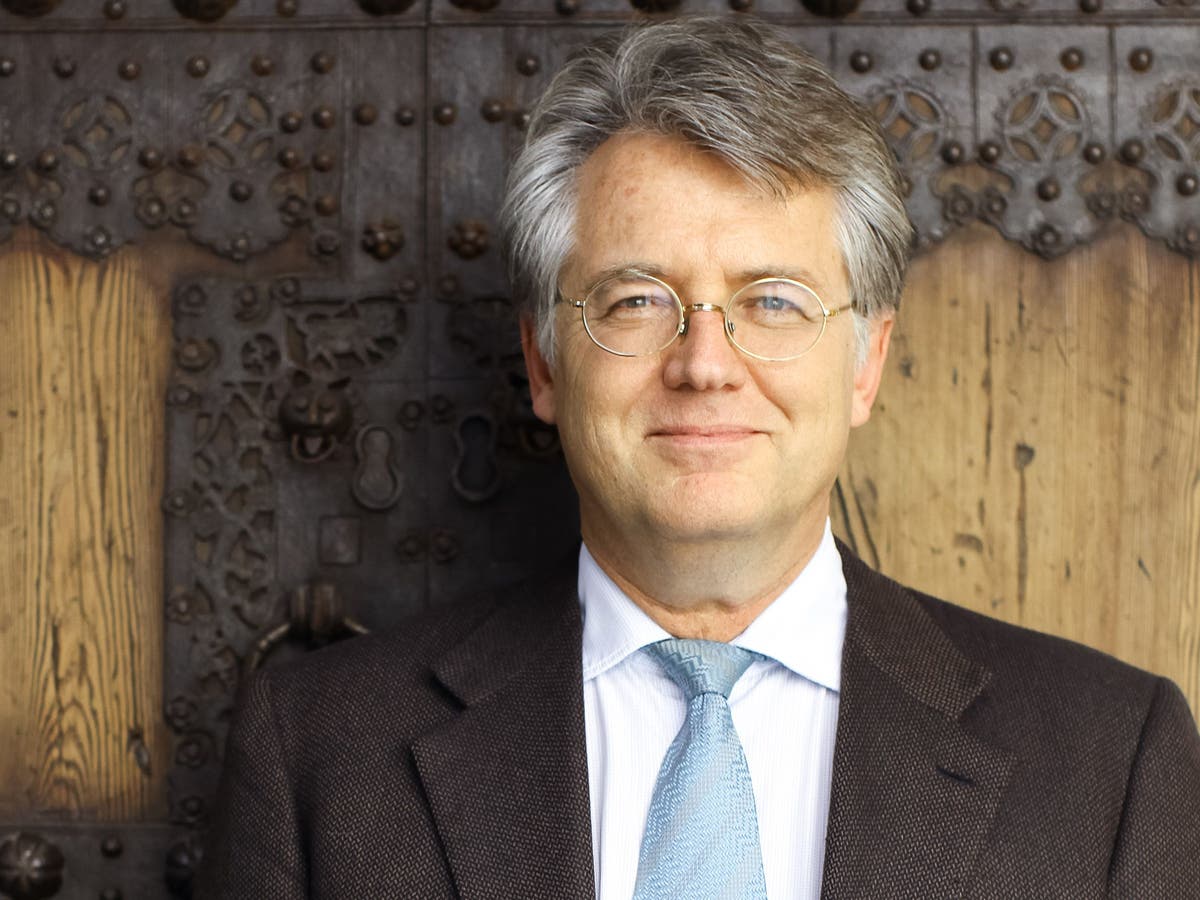

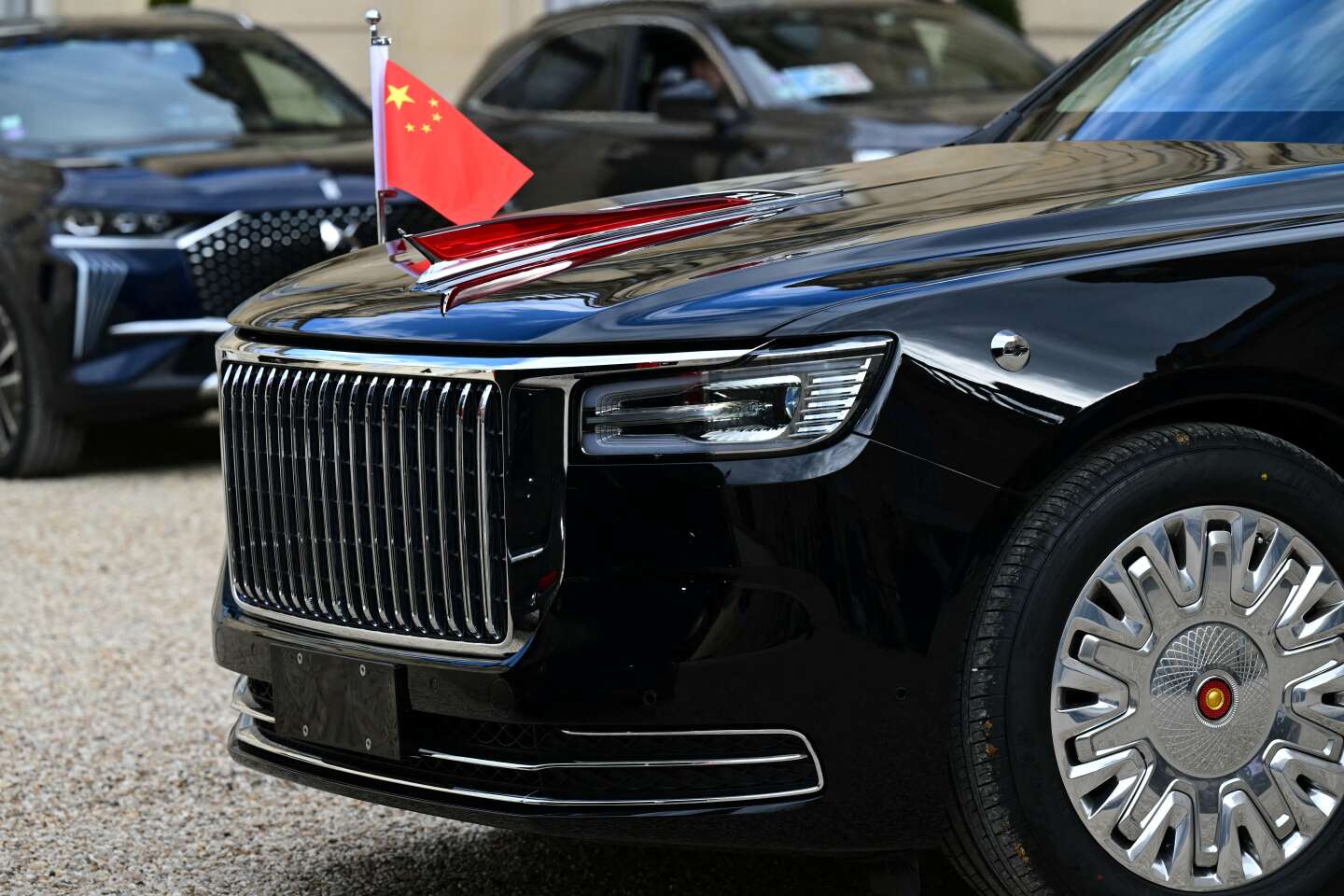
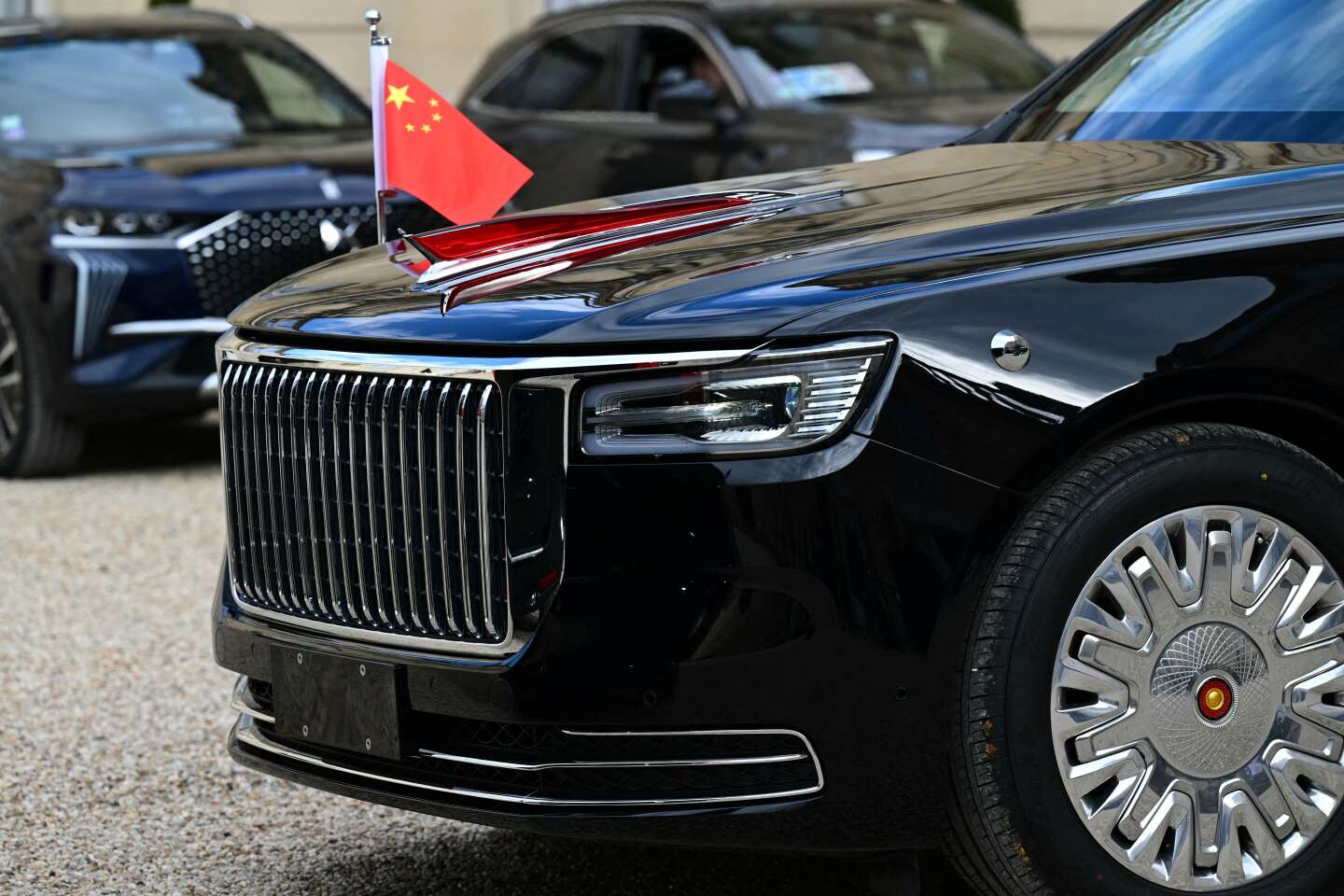
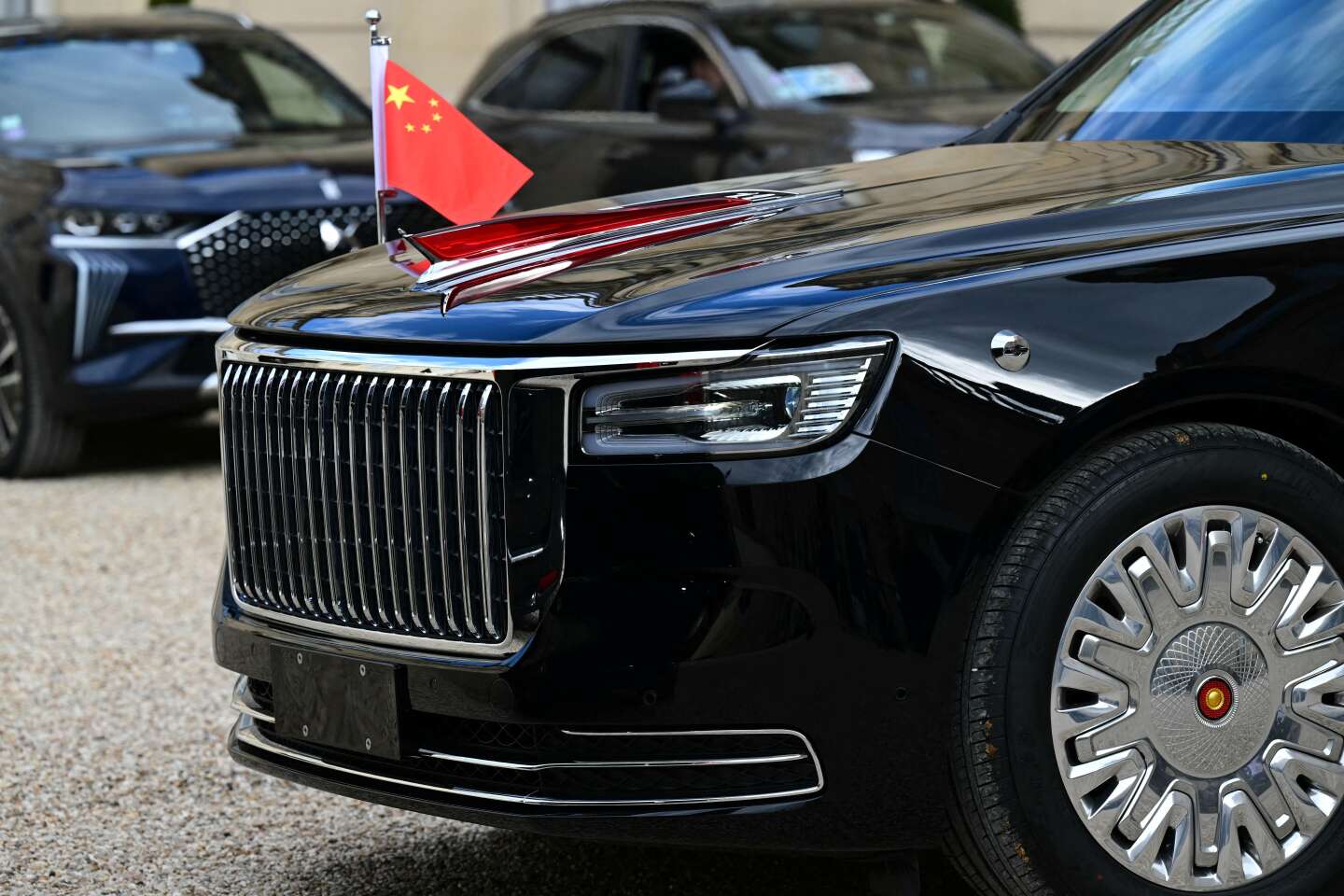
I added a paragraph in the body of the text (sorry, I should have done in the first place). It says:
I don’t know for sure, but the women may have fled to and now live Austria, but I’m not a lawyer and not sure about that.